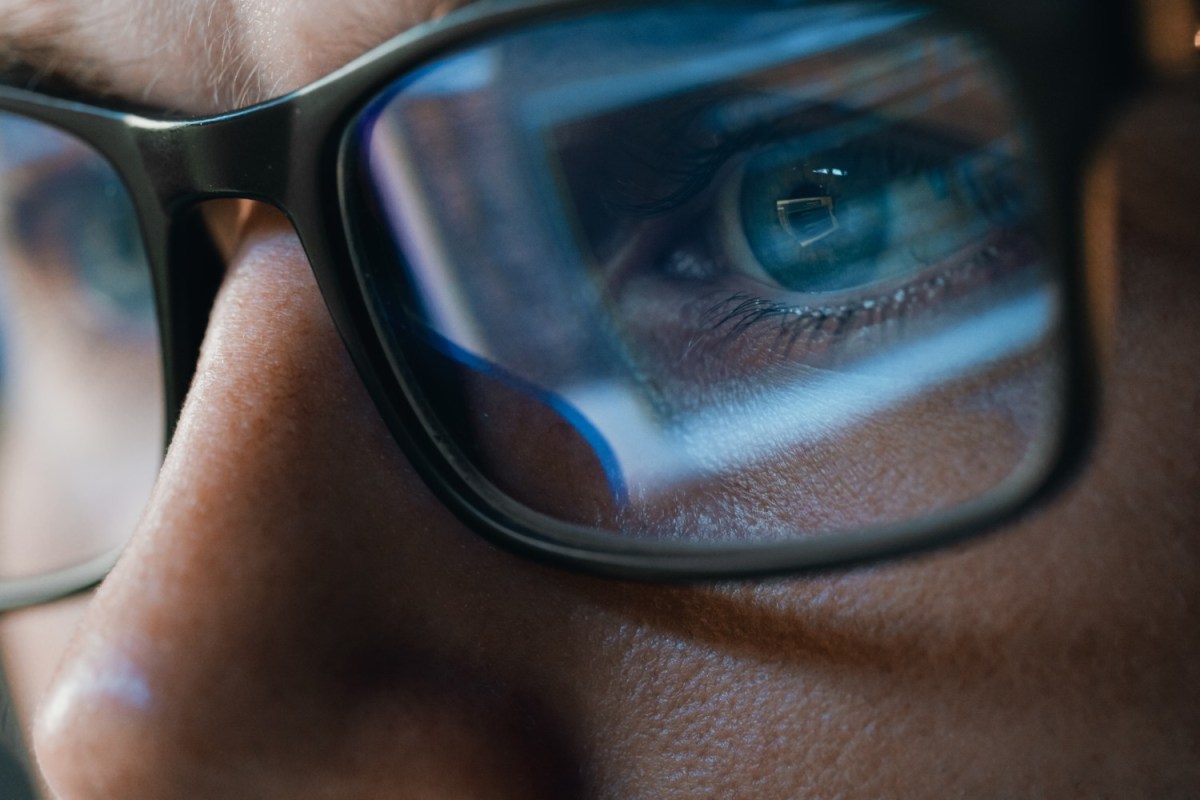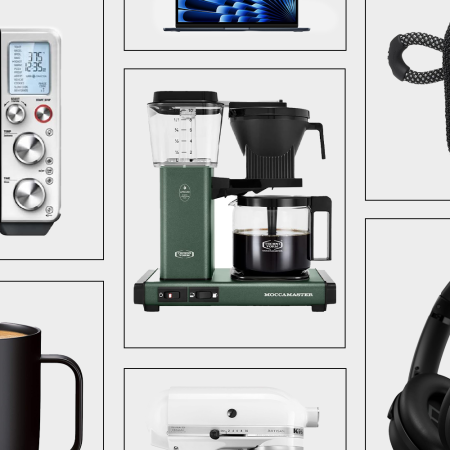In the last decade, a growing number of people have taken to wearing glasses designed to filter blue light when interacting with screens at night. The reasons for this are simple: blue light has been shown to affect the body’s circadian rhythms, leading to troubled sleep — and since not sleeping well can lead to a cascade of health issues, the desire to address this is eminently understandable.
According to a recent study published in the Cochrane Database of Systemic Reviews, however, going all in on blue light-filtering glasses may not be worth the trouble. The study reviewed evidence from clinical trials in which these types of glasses were tested against their counterparts that weren’t designed to filter blue light. As part of their evaluation, the scientists reviewed data from 17 clinical trials.
Their conclusion? “This systematic review found that blue‐light filtering spectacle lenses may not attenuate symptoms of eye strain with computer use, over a short‐term follow‐up period, compared to non‐blue‐light filtering lenses,” the study’s authors wrote.
It is worth mentioning that certain qualities were not evaluated as part of the study; the authors note that these include “contrast sensitivity, colour discrimination, discomfort glare, macular health, serum melatonin levels or overall patient visual satisfaction.”
A Guide to Jet Lag and How to Best It
It typically takes around one day to adjust for each one to 1.5 hours of time changeAs Nicoletta Lanese pointed out in an article at Live Science about the study’s findings, this study isn’t the first time experts have been skeptical of the benefits of blue light-filtering glasses. She also writes that study doesn’t show any evidence that these types of glasses have adverse effects — so if you happen to enjoy wearing these glasses, there’s no reason to stop doing so. But if you’re expecting transformative effects from them, you might want to manage your expectations accordingly.
Whether you’re looking to get into shape, or just get out of a funk, The Charge has got you covered. Sign up for our new wellness newsletter today.


















